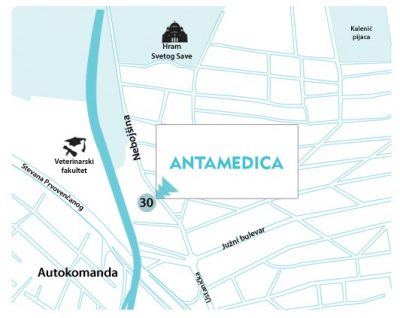Basic Course in Clinical Echocardiography
Clinical echocardiography is a diagnostic technique that uses ultrasound to visualize and evaluate cardiac structure and function.
This technique allows doctors to obtain detailed information about the heart chambers, valves, heart wall, great blood vessels, and other structures of the heart.
Also, this method enables the assessment of the thickness and mobility of the myocardium, as well as the detection of ischemia and the infarcted area.

Clinical echocardiography is usually performed in specialized laboratories under the guidance of trained experts.
There are different types of echocardiographic examinations, including transthoracic echocardiography (TTE) and transesophageal echocardiography (TEE), which are used depending on the needs of the patient and the specifics of the examination.
The main purpose of clinical echocardiography is to identify and evaluate various pathological conditions of the heart, including:
Heart valve diseases:
Echocardiography can help evaluate the heart valves, identifying possible leaks or narrowing.
Problems with heart chambers:
The technique can detect changes in the size, shape and function of the heart chambers.
Heart rhythm disorders:
Echocardiography can identify changes in the heart’s rhythm, as well as other abnormalities associated with the heart’s electrical activity.
Blood clots and thrombosis:
It enables the identification of possible clots in the heart chambers or large blood vessels.
Study of heart muscles:
Echocardiography is used to assess the condition of the heart muscle, including detecting damage or weakening of the heart muscle.
Assessment of blood flow:
The technique makes it possible to assess the speed and direction of blood flow through the heart chambers and blood vessels.
Who are the courses and trainings intended for?
Who are the courses and trainings intended for?
• General practitioners, residents, specialists, and subspecialists in various medical fields who want to gain basic and advanced knowledge and skills for independent performance of ultrasound and color Doppler diagnostics.
• Doctors trained to perform ultrasound and color Doppler examinations but unable to conduct a sufficient number of ultrasound examinations in daily practice to stay trained for routine ultrasound examinations.
• Experienced doctors who want to refresh their knowledge, receive a certificate, and earn points for license renewal.

